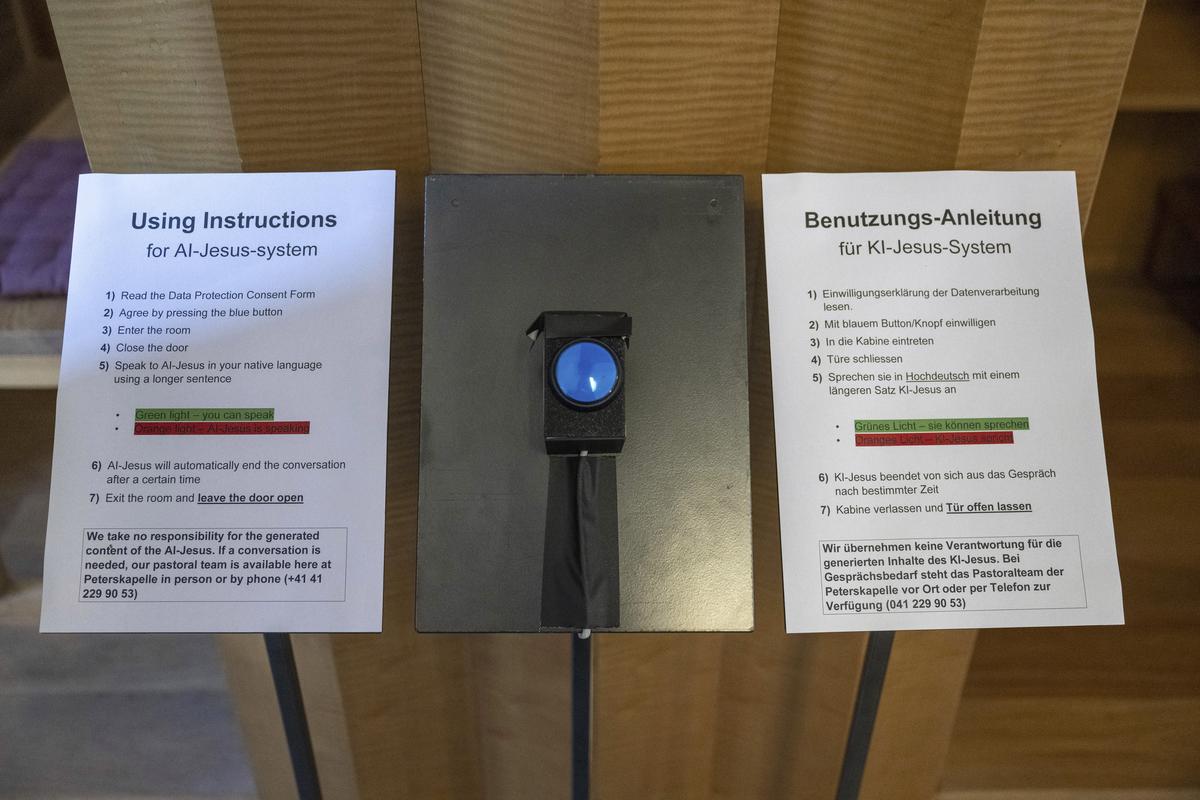
Why do not photons obey E = m c ^ 2?

Photons do not obey the equation ( E = mc^2 ) in the classical sense because they have no mass. Here’s a detailed explanation:
Massless Particles
Photons are massless particles, meaning they have zero invariant mass (( m = 0 ))345.
Energy-Momentum Relation
For particles with mass, the energy-momentum relation is given by ( E^2 = (pc)^2 + (m_0c^2)^2 ). However, for photons, since ( m_0 = 0 ), this equation reduces to ( E = pc )24.
No Rest Mass
The equation ( E = mc^2 ) applies to particles at rest, where ( E ) is the rest energy of the particle. Since photons always travel at the speed of light and never come to rest, they do not have a rest mass, and thus ( E = mc^2 ) does not apply to them in this context13.
Energy from Momentum and Frequency
Instead, the energy of a photon is derived from its momentum and frequency, given by the Planck-Einstein relation ( E = hf ), where ( h ) is the Planck constant and ( f ) is the frequency of the photon. This energy is also related to the photon's momentum by ( p = E/c )25.
In summary, photons do not obey ( E = mc^2 ) because they are massless particles, and their energy is derived from their momentum and frequency rather than from any rest mass.